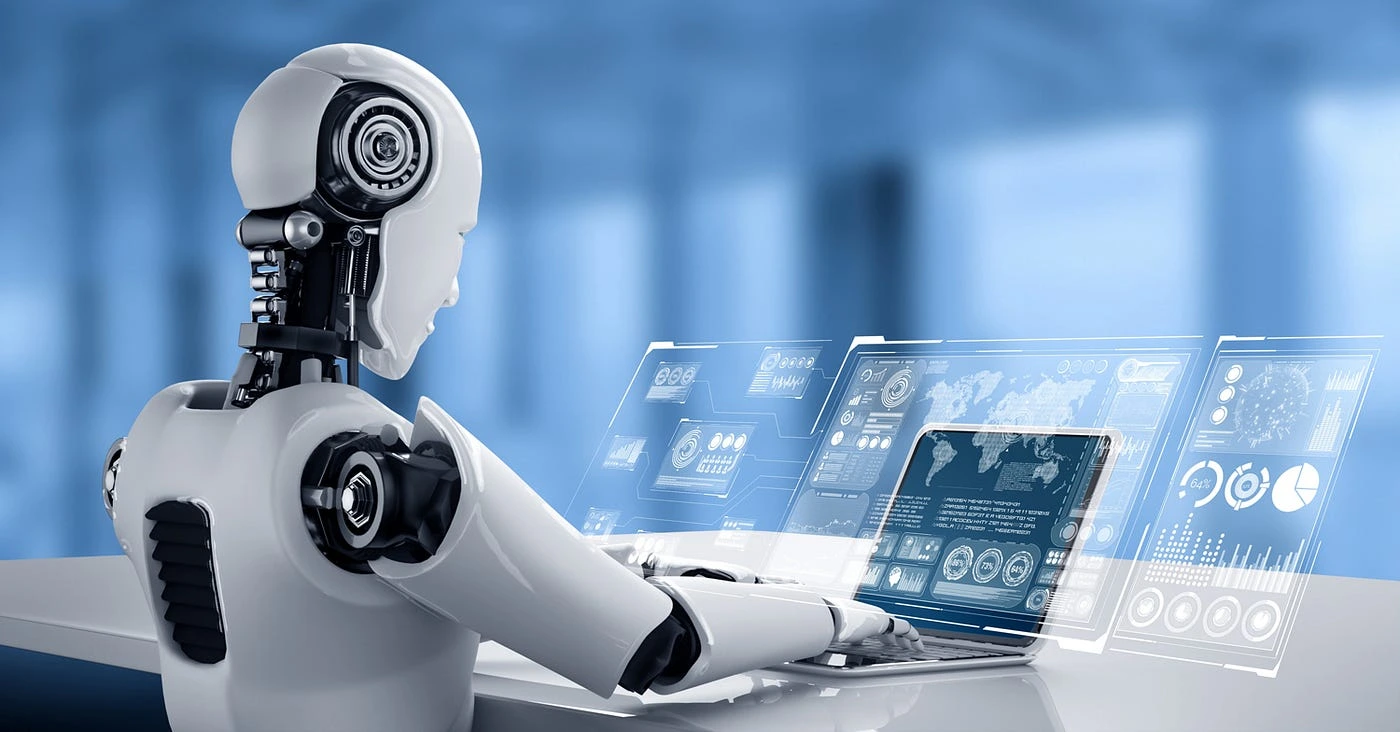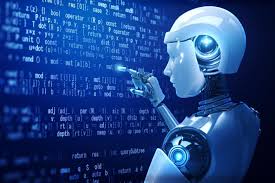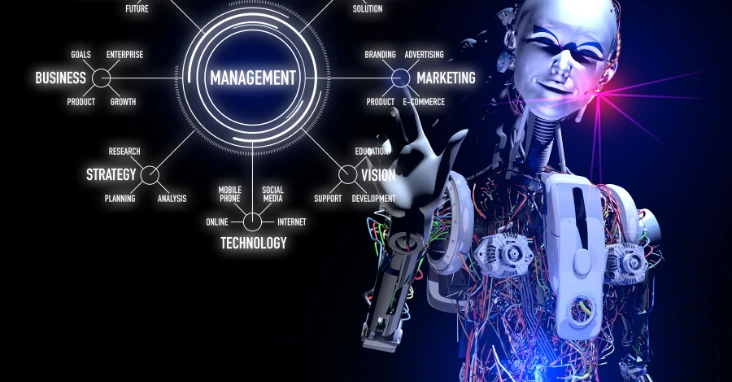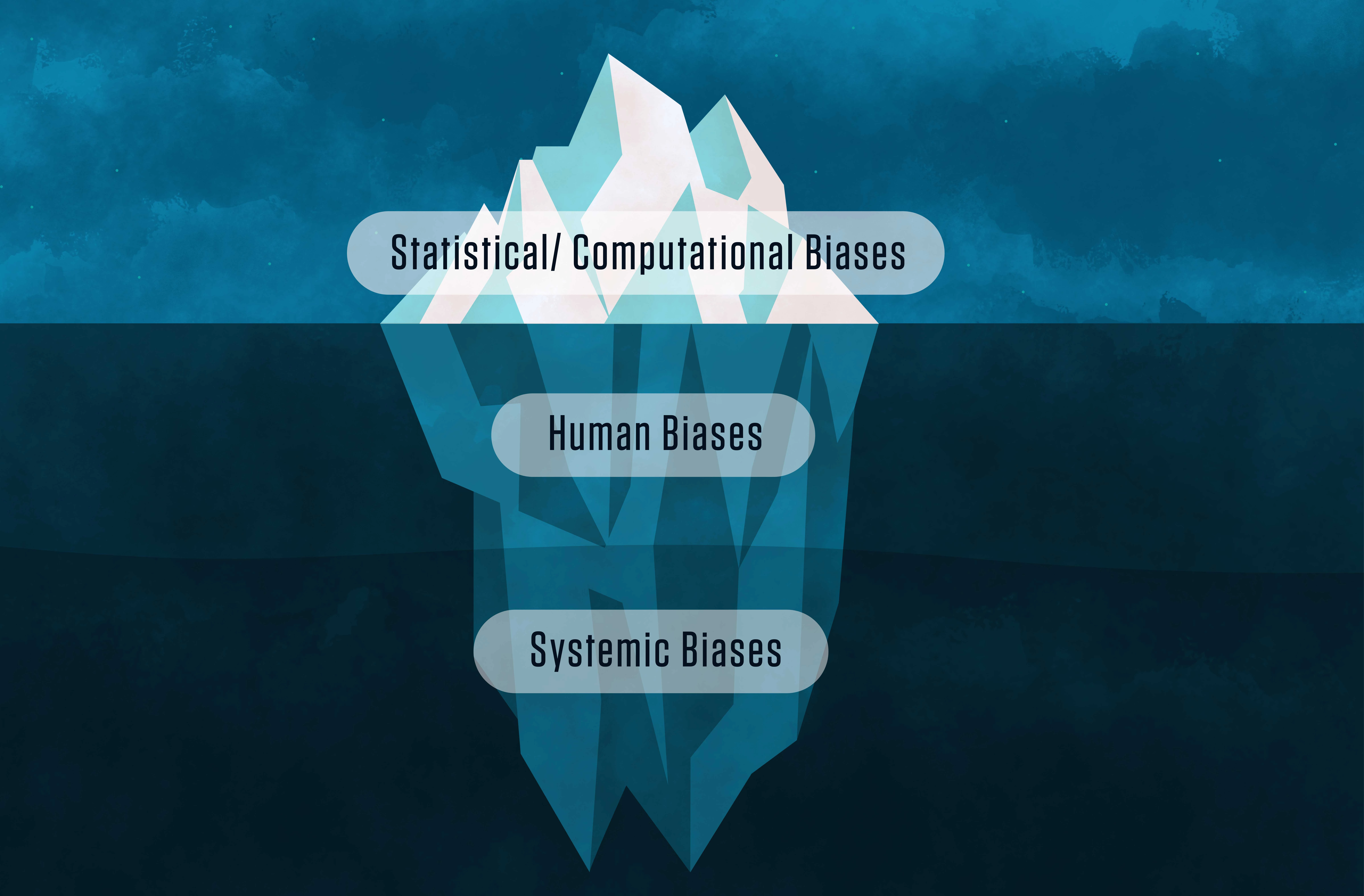
Over the last 2 decades, AI has affected almost every industry that has ever existed, with 40% of global companies reporting to be using AI in their business.
Despite contrary belief, AI has been around for almost 70 years. The first robot, Gakutensoku, was built in 1929 by Japanese professor Makoto Nishimura. As technology has advanced, AI's applications in software development have expanded significantly, enhancing the quality of code and boosting the productivity and output of all tasks within Software Development.
This article explores the intersection of AI and software development breaking down exactly how AI has impacted the field. We’ll outline its risks, challenges, and strategies for professionals such as Software Engineers, QA testers and Project Managers to navigate an AI-driven future.

Software engineering involves a lot more than writing code, where a significant portion of time is spent debugging and fixing errors. Programmers typically dedicate 50-70% of their coding time to debugging, a necessary but often tedious task to maintain code quality and standards which is neither creative nor fulfilling for the developers.
AI has revolutionized high-quality code creation. Tools like Debugcode.ai enable software engineers to automatically debug their code, identifying errors and suggesting fixes. By analysing historical data and identifying patterns in the code and previous bug reports, AI can address common and frequent bugs, allowing developers to focus on more complex and unique challenges.

Quality Assurance (QA) can occur at various stages of development, whether before, during, or after production. Each bug fix and new feature undergoes a QA process, which can vary from manual to automated testing, integration testing, and more. Depending on the project's scale and complexity, this process can take weeks, months, or even years.
Software Engineers and QA professionals can now make use of QA AI automation tools to create test cases based on code base analysis, which saves a substantial amount of time when it comes to QA planning so testers can focus on more critical QA tasks. These tools can not only create test scenarios but can execute and manage test cases for maximum code coverage. They also help speed up regression testing by identifying which newly implemented changes are most likely to cause bugs. This is key for rapidly expanding code bases, where more changes that are created within the code can lead to more bugs.
Examples of AI tools that are currently being used to streamline the QA process include Selenium, Code Intelligence, and Functionize.

Traditionally, the planning stage of the software development lifecycle involves extensive discussions on task duration, feasibility, and priority. This normally requires multiple Product and Project managers as well as engineers and can cause clashes if there are different opinions regarding the duration/priority of a task.
This is where AI comes in in helping us determine the effort a task should take. By analysing Project data from previous sprints and similar tasks within that sprint, we can use this data to make accurate predictions as to how long a task should take to complete. We can feed it data including complexity, team composition, and concurrent tasks to have a more holistic view that’s based on data rather than relying on intuition.
For task prioritization which is normally done by Product Managers, AI can be invaluable. By analysing support ticket data, AI can determine the impact of unresolved bugs or feature requests on clients, and use this to support the prioritisation decisions. AI can also facilitate re-prioritisation based on real-time data, e.g. if a higher priority task comes up in the middle of a sprint that’s of a higher risk, this can be reprioritised as a Hotfix.
AI tools that can streamline the Project management and Planning Process include Asana, Click up, and Monday
It’s no secret that AI has been a cause for a lot of concern amidst the popularity that it has been getting in the digital space. As AI gets smarter and smarter and has more data to work with, it begs the question of what it could be doing with this data, and how is it getting this data in the first place.
Bias

The first point of concern that AI has brought is Bias. AI can only behave based on the way it has been trained. If it’s trained to implement bias within the selection process, this can cause concern for people who will be on the wrong end of that judgment. This is particularly applicable to industries such as Recruitment, where biased AI could unfairly disqualify qualified candidates, resulting in discriminatory practices.
Data Privacy

For AI tools to do their job properly and to be trained correctly, they require large amounts of data. This raises concerns as to where companies that train these AI tools are getting this data from. If they’re using sensitive data to train these tools this can cause data breaches and violations against the data protection law which requires you to minimize the amount of data you use. Moving forward AI companies would need to strike the correct balance between using sufficient data to train AI tools without compromising individuals' privacy or violating data protection laws.
Skill Shortages

Just as people had to adapt to new machinery during the Industrial Revolution, today's professionals must become proficient with new AI tools that are transforming software development. A lack of expertise in these tools can lead to their ineffective use, potentially harming projects. This is why continuous learning and upskilling on the newest AI tools are crucial to prevent being left behind and to make sure you can keep up with the constant advancement of new AI technology.
Here are some key tips to start increasing your understanding of AI, so you can navigate new tools with ease:

Despite all the circulating fear revolving AI taking software engineer jobs, it’s done the opposite and introduced new roles, one of them being the AI Engineer.
These are engineers who develop, maintain, and test AI applications and systems. This requires a combination of software engineering and data/statistics expertise. Some other responsibilities will include
As we previously spoke about the role of AI within software development, if you find yourself being passionate about AI and the tools being used, this could be an opportunity to further upskill yourself and specialize completely in the Artificial Intelligence field. AI Engineers have a projected job growth of 23-33% beating the average for all occupations which is 5%. This shows the significant amount of opportunities that this industry can offer to the person with the right skills.
Despite the Concerns, AI is here to stay, especially in the world of software development. As AI technology advances, the possibilities are endless when used correctly. AI has been shown to reduce software development time by up to 30%, which is enough of an incentive, amongst many that have been mentioned in this article, to start adopting AI within the software development lifecycle.
AI benefits not only software engineers but also QA testers, product managers, and project managers, allowing them to focus on more critical and creative aspects of their roles, adding more value to organizational Projects. AI is not just about automating mundane tasks; it’s a catalyst for productivity, innovation, and creativity
